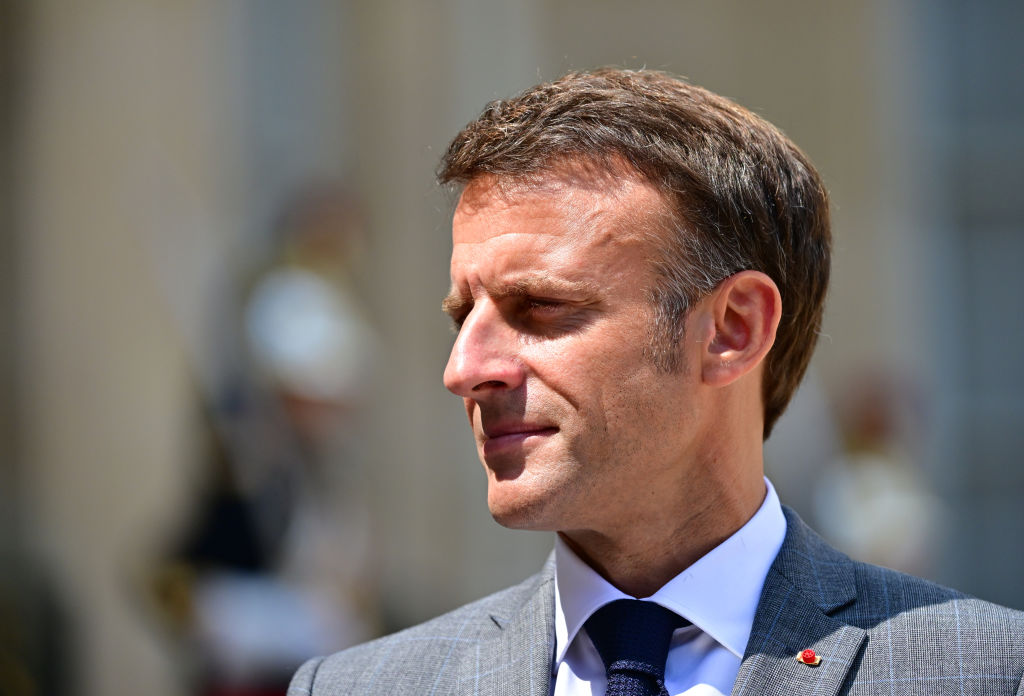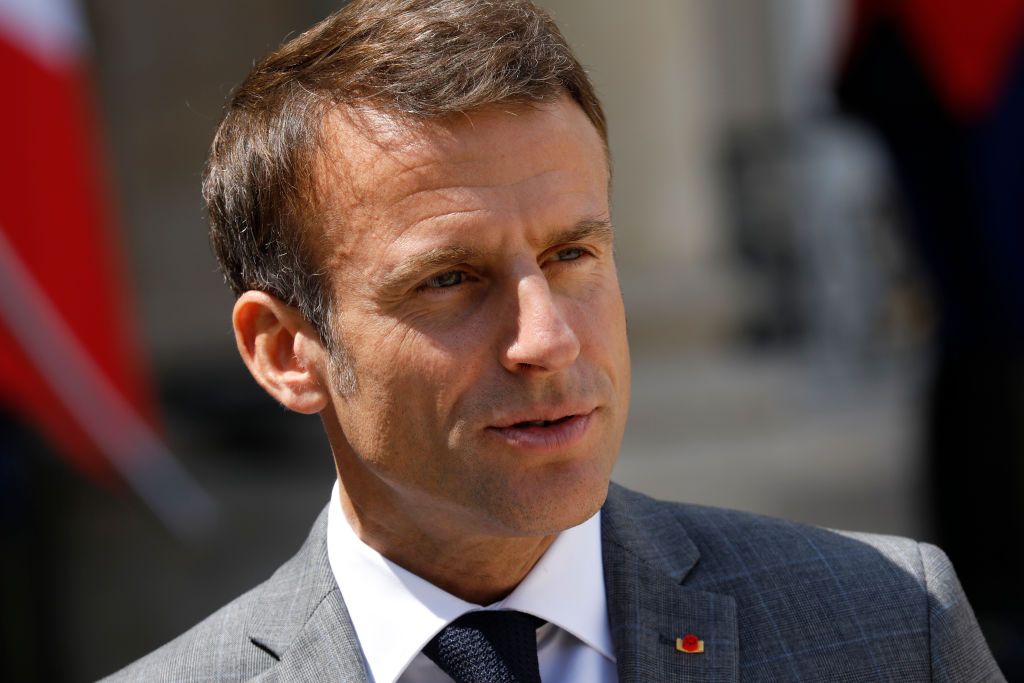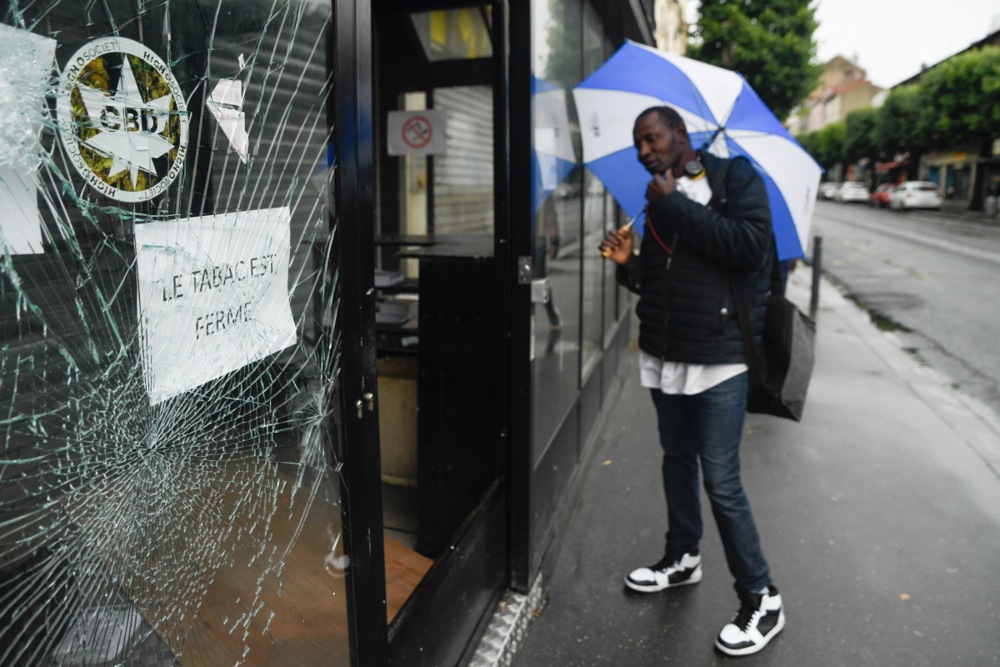The French Government’s suggestion that so-called “preferendums” could be held in the coming years has raised eyebrows in the country, with many questioning how such a plan could possibly work.
Although French presidents have held the power to call referendums since the 1950s, it has rarely been used.
The last national poll held in 2005 saw the public shoot down a proposal made by then-President Jacques Chirac.
President Macron’s administration appears undeterred by the spotty history of French referendums, with government spokesman Olivier Véran outlining how a new “preferendum” system could end up circumventing various problems that older referenda have faced.
Les chefs de parti ont rendez-vous mercredi avec le Président pour une initiative démocratique inédite : tous réunis, ils proposeront, trouveront des consensus, loin des divisons de forme.
Référendum, préferendum : aucune piste n’est exclue pour concrétiser le fruit des échanges. pic.twitter.com/SHz1eCQA3q— Olivier Véran (@olivierveran) August 28, 2023
“It is a concept that would allow us to test several subjects at the same time during the same vote,” he said.
For instance, Véran said that the government could put a number of questions to the French public on a single voting day, something it believes would reduce the chance of voters negating a referendum out of mere spite.
He added that voters could also be offered several choices on a single subject rather than a mere binary yes or no decision, something that would further reduce the chance of a mass protest vote ruining a ballot.
Véran made sure to clarify that this “preferendum” concept was still in its early stages, although emphasised that the idea is being strongly considered.
French President Emmanuel Macron is fighting to keep a small island territory from seceding from France. https://t.co/RUkf4UayC9
— Brussels Signal (@brusselssignal) July 26, 2023
Opposition parties have already started making demands for referenda on various topics, with the leftist NUPES group demanding a vote on Macron’s controversial changes to the country’s retirement age.
Marine Le Pen’s Rassemblement National wants a referendum on immigration be held, although such a poll may pose legal problems.
Unlike in other countries, French law greatly limits the range of topics on which legally binding referenda can be held, with many experts saying immigration falls outside that scope.
Some have suggested the issue could be solved by a non-legally-binding “preferendum” on the topic, with a purely advisory vote likely to be enough to force government action.
While this idea has been lambasted by some who have accused Macron of wanting to effectively run a “big poll” with “no legal authority”, the use of an advisory-only vote has been successfully deployed in the past by other countries, such as in Britain with its Brexit referendum.
“If the issue of immigration is raised, for example, and a majority of French people want to restrict it, the government could create a bill that would be debated and then voted on in parliament,” political writer Benjamin Morel noted.
But Morel questioned the practicality of such a “preferendum” idea, saying that the holding of multiple votes on the same day would likely require more than one ballot box in each voting location, something that could pose logistical problems.
An unnamed advisor to the government described the idea of multiple votes on the same day as being “messy and incomprehensible”, with many others apparently sceptical regarding whether the proposal would make it past the planning stage.
French interior minister Gérald Darmanin said recently that national-populist Marine Le Pen is likely to win the 2027 French presidential election. https://t.co/tbydwaz6zg
— Brussels Signal (@brusselssignal) August 25, 2023





